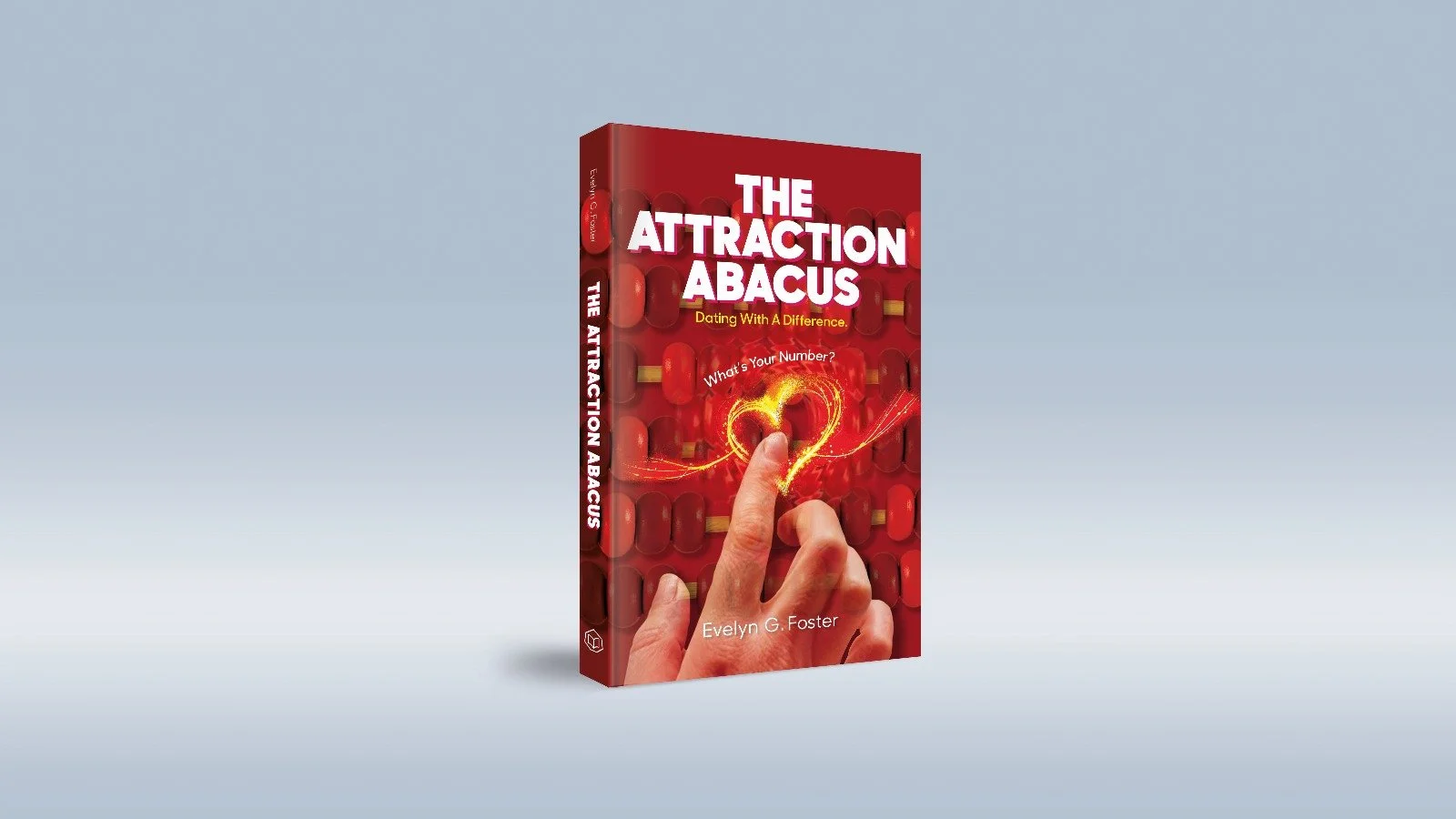Happily Ever After? When Romantic Comedies End in Tears 🥹
Is it really a romantic comedy if there is no happy ever after?
Romantic comedies, whether on page or screen, carry certain expectations. Readers open them anticipating laughter, charm, and, almost inevitably, love that triumphs against the odds. The genre’s very name seems to promise emotional uplift. Yet storytellers sometimes wonder: can a romantic comedy still succeed if it ends sadly?
Could heartbreak coexist with humour and humanity? The short answer is yes, but doing so requires a deep understanding of what “success” and “romantic comedy” really mean.
The Tradition
From Jane Austen’s Pride and Prejudice to Helen Fielding’s Bridget Jones’s Diary, the romantic comedy has long been structured around a clear emotional trajectory. We meet imperfect people, watch them blunder through misunderstandings and social chaos, and finally exhale when they find their way to each other. The “happy ending” isn’t just a trope. It’s part of the unspoken contract between writer and reader.
Readers turn to romantic comedy for catharsis through joy. It reassures us that love, despite its pratfalls, can be redemptive. Comedy softens life’s disappointments; romance supplies hope. That’s why a sad ending can feel like a betrayal of the genre. It seems to tear up that contract.
But stories, and audiences, evolve. Today’s readers are more genre-savvy and emotionally complex. They often crave something that feels authentic rather than merely comforting. And that opens a door for the romantic comedy that ends, not with the ringing of wedding bells, but with a wistful sigh.
Redefining “Romantic Comedy”
The term “romantic comedy” describes tone and structure, not just outcome. Comedy, in its classical sense, isn’t about constant laughter; it’s about restoration and renewal. In Shakespearean comedies, the world is thrown into disorder and then righted again, usually through marriage. But contemporary authors can restore balance in subtler ways: personal growth, self-discovery, or reconciliation that doesn’t require everlasting love.
Modern rom-coms often emphasize emotional intelligence and self-acceptance as much as coupling. Think of Sally Rooney’s Normal People. Not a traditional comedy, but often funny, tender, and romantic even as it ends ambiguously. Readers may not close the book smiling, but they recognize truth in the imperfection.
This shift suggests that a “sad ending” doesn’t necessarily disqualify a book from being a romantic comedy. The key lies in tone. If the story uses humour, warmth, and irony to explore human connection, even if that connection dissolves, its spirit remains comic. The ending can be melancholy without being nihilistic.
What Makes a Sad Ending Work?
A sad ending succeeds when it feels earned. Readers will accept heartbreak if it arises naturally from the characters’ flaws, choices, and circumstances, rather than from a cynical authorial twist. The pain should illuminate something essential about love itself.
For instance, imagine a story in which two people fall deeply for each other but must part because one chooses personal growth over dependence. If the narrative has celebrated their joy and vulnerability along the way, readers may feel sorrow, but also admiration. The humour and affection leading up to the ending give emotional contrast that deepens, rather than diminishes, the final impact.
Tone management is everything. A novel that maintains emotional honesty and comic perspective, finding absurdity even in heartbreak, can leave readers both laughing and crying. Richard Curtis’s film About Time achieves this balance: though it’s bittersweet and deals with loss, it feels uplifting because love, in all its forms, is affirmed.
Audience Expectations and Emotional Resonance
Still, a writer who dares to end sadly should know their audience. Commercial romantic comedies rely on reader trust; the “happily ever after” (or at least “happy for now”) ending is a central marketing promise. Subverting that can alienate readers expecting comfort. That said, a niche audience is increasingly drawn to “realistic rom-coms” that mirror life’s unpredictability.
The rise of streaming television has trained audiences to accept tonal variety. Shows like Fleabag or Catastrophe blend humor, romance, and heartbreak seamlessly. Their success suggests readers, too, are ready for nuanced emotional endings. They don’t necessarily want despair; they want honesty.
A romantic comedy with a sad ending must, therefore, provide another kind of satisfaction: emotional truth, catharsis, and meaning. The reader should feel that love mattered, even if it didn’t last. The best sad endings remind us that love’s value isn’t measured by permanence.
The Risk and the Reward
There’s artistic bravery in refusing the easy resolution. A tragic or bittersweet ending can elevate a romantic comedy from escapism to art. It risks disappointing some readers but may earn lasting admiration from others who appreciate depth and realism.
Yet writers should avoid confusing sadness with sophistication. A bleak finale doesn’t automatically make a story profound. What distinguishes a great romantic comedy, happy or sad, is emotional generosity. The humor must arise from empathy, not cruelty; the ending, however painful, must feel compassionate.
When done well, the sad ending expands the genre’s boundaries. It allows romantic comedy to explore themes of loss, timing, and self-discovery. It suggests that love stories can be transformative even when they’re unfinished. Such endings linger precisely because they refuse to tidy life into a perfect bow.
Bittersweet Success
So, can a romantic comedy novel with a sad ending be successful? Absolutely, if “success” means emotional resonance, artistic integrity, and connection with readers who recognize themselves in its pages. Commercially, it might occupy a hybrid niche, marketed as “literary romance” or “bittersweet comedy.” But narratively, it can thrive, offering laughter and tears in equal measure.
Love stories are powerful not because they end happily, but because they remind us of our capacity for joy, vulnerability, and change. Sometimes the most moving romantic comedies are the ones that leave us smiling through tears. Grateful for the love, even if it couldn’t last.
Want to read a rom-com with an unashamedly happy ending? Try The Attraction Abacus.
Click below to discover more


